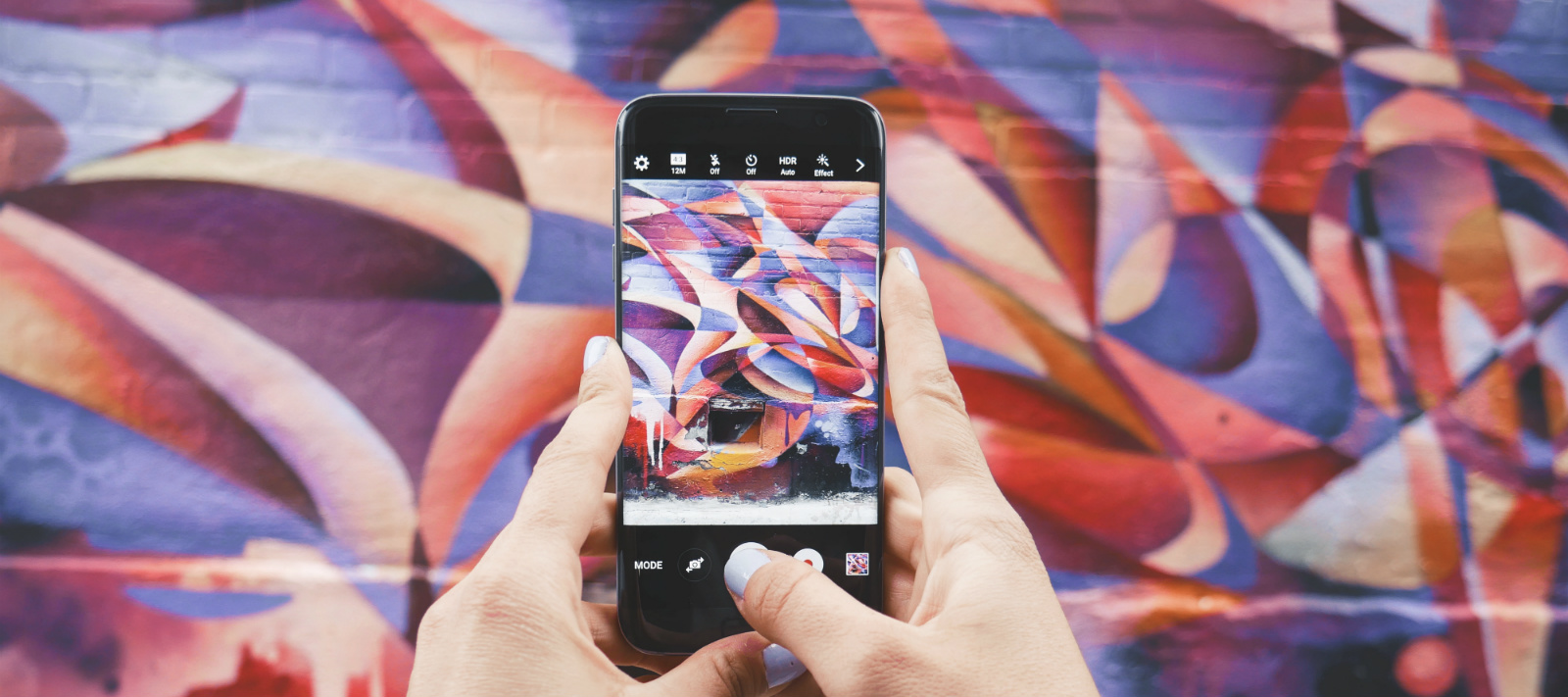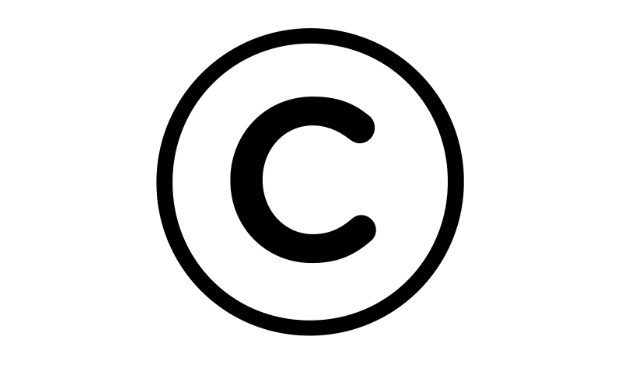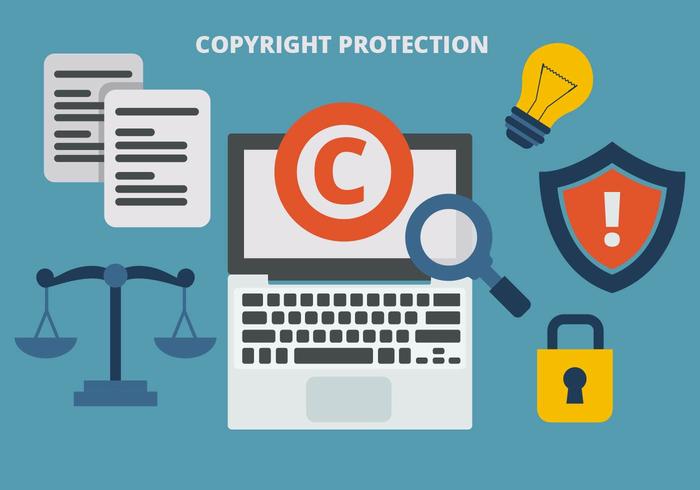Copyright Law is one of the most grayest area of internet and violations happens more often than a troll comment gets posted on Youtube. Well may be not, Copyright laws can be quite complicated and confusing to navigate if you don’t know how laws are applied to your particular situation.
Often creators don’t even realize that they are actually violating the copyright laws. Following are the steps which can help individuals to earn money from the works you produce.
In this blog we will discuss, legal implications of using copyrighted music in your videos, and confirm royalty free, public domain options.
What Audio can you use and when?
The easiest way to avoid copyright violations is to create 100% original content. But what about using sound effects or a soundtrack in your video? Whether an individual can use soundtrack in their videos hassle free?
Examples would include having the entire track from Justin Bieber’s Baby playing in the background of your latest video. To that end any person can use these videos but prior permission is required to be taken from their original creator if the song is already in public domain.
When is it ok to use Another creator’s work?
It is a complicated topic but if you want to use music that someone else has created then you will need to know the legal implications of doing so. Obtaining permission really depends on the specific piece itself and whether it needs a License or not?
- In the purest sense, the only time that you do not need to secure special permissions to use a work is when what work is in public domain. Some older work have made their way into public domain and according to the public domain information projects that includes: any song or published work published in 1922 or earlier is in public domain then taking of permission is not needed in USA.
- If the work is already in public domain then you will need to obtain the license to use the work of original creator.
Following sites can be used for royalty free and there are websites available for it:-
Royalty free is attractive because the legal responsibilities with it are completely minimized. It is the closest you can get to the Public Domain, yet still retain some legal rights if you are the original creator of the song. The nice thing here is that your music or work can become widely used and gain exposure for original creator, yet it benefits the public at large with a fress service. These works re free and allow you to work or use them without penalty or fees. Each site may have some stipulations on the way in which you use the work, so be sure to use the type of license they grant. Some good examples of Royalty free sites are as follows:-
- The Public Domain Project
- Youtube Audio Library
- Incompetech.Com
- Audio Micro
- FreePD.com
- www. Audionautix.com




